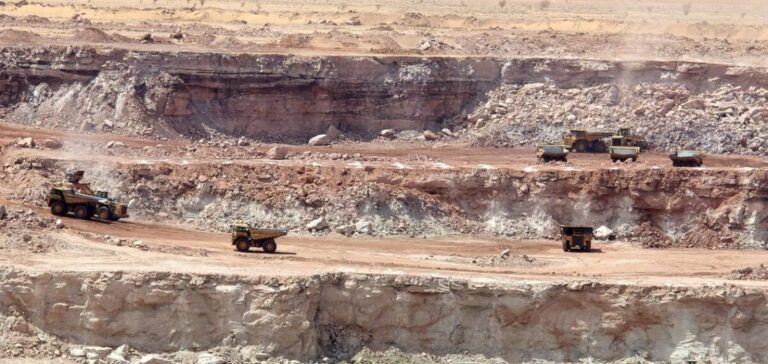The State of Niger recently confirmed the takeover of the Imouraren uranium deposit, originally awarded to the French company Orano (formerly Areva). This decision marks a significant turning point in the management of natural resources by the government of Niger, which is pursuing the policy of economic sovereignty established by the current military regime. A decision that has been fraught with contradictions for several weeks.
Background to uranium mining
Imouraren, located in northern Niger, is one of the world’s largest uranium deposits. Granted in 2009, the operating permit promised major economic benefits. However, market fluctuations, particularly after the Fukushima disaster, put the brakes on initial ambitions. With unfulfilled commitments and several postponements of start-up, the government finally decided to withdraw the license from Orano, justifying this action by a lack of respect for the agreed terms.
Economic and strategic implications
Withdrawal of the mining permit has far-reaching implications for the uranium market, both locally and internationally. Niger, which supplies nearly 5% of the world’s uranium, plays a key role in supplying European nuclear power plants. This decision could influence world uranium prices and redefine trade relations between Niger and its partners, notably France. Niger’s return to control of the Imouraren deposit is a striking example of the trend for states to strengthen their sovereignty over natural resources. This also raises questions about the balance between foreign investment and domestic profits in strategic sectors. This development could inspire other producer nations to follow a similar path.






















